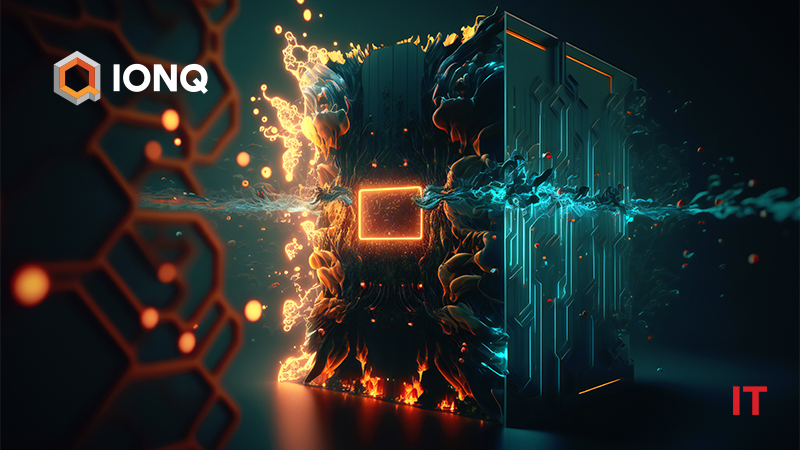IonQ, an industry leader in quantum computing, announced that it has realized 29 algorithmic qubits on a barium platform for the first time, marking a key milestone in the company’s journey towards developing systems capable of delivering commercial quantum advantage.
IonQ has extensively explored new avenues for advancing trapped ion quantum computing beyond our use of traditional ytterbium ions, one of which includes the use of barium qubits. Current-generation ytterbium-based systems, such as IonQ Harmony, IonQ Aria and IonQ Forte, are essential for processing most complex algorithms. However, future barium-based systems should open the way to many new technical applications. The inherent character of barium qubits will further make future quantum systems more scalable and reliable.
“Most recently, at Quantum World Congress 2023, we discussed how the number of available quantum applications will increase exponentially relative to the number of algorithmic qubits we achieve with each system,” said Peter Chapman, President CEO of IonQ. “information demonstrates how barium qubits are already on par with some of our own cutting-edge quantum systems from an IonQ perspective, and how IonQ is making substantial progress toward achieving our goal of commercial quantum advantage.
Also Read : DataRobot Announces Availability of DataRobot Notebooks
After announcing the expansion of its agreement with the Air Force Research Laboratory (AFRL) in September , IonQ announced the deployment of two barium-based trapped ion quantum computing systems in AFRL’s Rome, NY facility for quantum network research and application development. IonQ also announced last month that it would deliver two future IonQ systems — IonQ Forte Enterprise with #AQ 35 and IonQ Tempo with #AQ 64 — to Switzerland-based QuantumBasel as part of a joint effort to establish a European quantum data center.
SOURCE: Businesswire

































